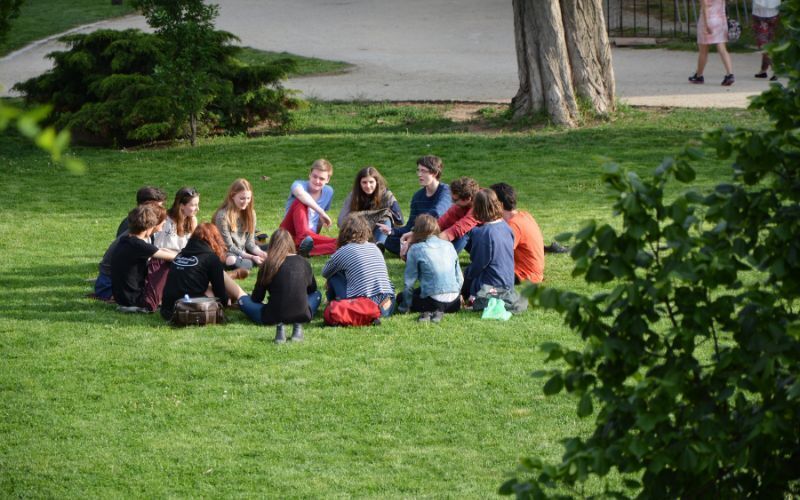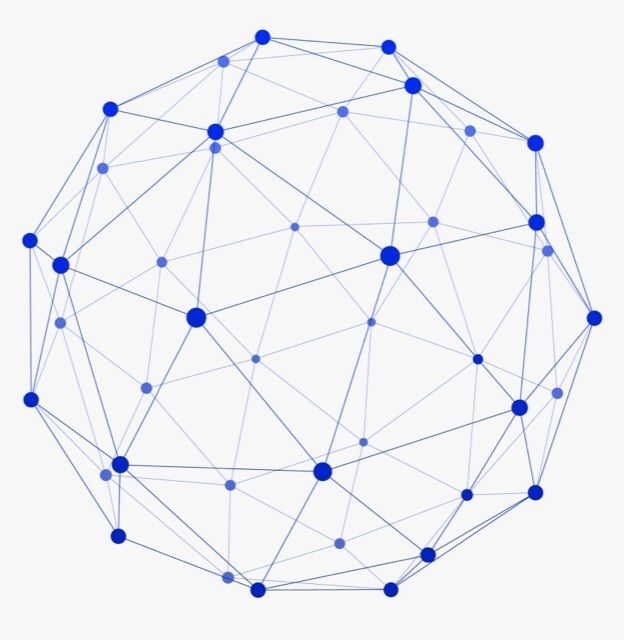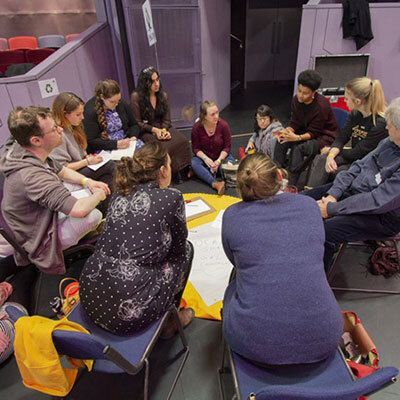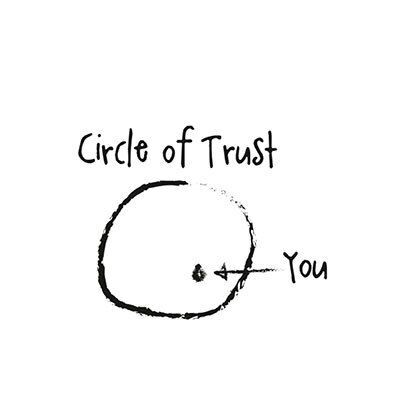Very often groups that engage in conversation on a regular basis move toward a deeper sense of individual and collective growth. Supporting conversation groups is a vital activity that the Charter for Compassion does on a regular basis and wants to increase promoting across all Compassion Communities.
Conversation groups create opportunities for individuals from diverse backgrounds to come together and engage in dialogue. By actively listening to different perspectives and sharing personal experiences, participants can develop a deeper understanding of one another, challenge stereotypes, and cultivate empathy.
Building bridges and breaking barriers is at the heart of participating in a group. By providing a safe and respectful space for dialogue, these groups create opportunities for meaningful connections and the building of relationships based on mutual respect and understanding.
Conversation groups can serve as catalysts for positive social change. By discussing social issues, exploring solutions, and identifying collective actions, participants can work together towards addressing systemic problems, promoting justice, and creating a more inclusive and equitable society.
Groups contribute to the strength and cohesion of communities. By fostering dialogue, understanding, and collaboration, these groups create a sense of shared purpose and collective responsibility. They help build resilient communities that can address challenges, resolve conflicts, and work towards common goals.
Some groups, such as a Circle of Trust, have no preconceived agenda. The group is there to be together, to let the spirit of the moment guide what happens. Whereas Life Purpose groups can be organized by individuals, facilitated by a leader, or formed within existing community or professional networks. The frequency and duration of the group meetings may vary, depending on the needs and preferences of the participants.
Human Bridges, formerly called, Crossing Borders, utilizes an interactive workshop approach, using thought-provoking media and films and engaging group processes in their approach. This process empowers people to view the world from multiple perspectives—from a world where informed curiosity, robust empathy and social intelligence shapes our ways to dialogue across difference.
The Open Space Technology process typically starts with a brief introduction and explanation of the principles. Participants then propose topics or themes for discussion, which are written down on a board or wall. These topics become the basis for concurrent breakout sessions where participants self-select which discussions they want to join. Throughout the discussions, participants engage in dialogue, share experiences, generate ideas, and explore potential actions.
The Charter encourages and employs these approaches in an informal way through the work of our sectors, or in the case of Building Bridges and Open Space Technology as offerings through direct events. Check our events calendar and newsletter to see on-going and future offerings.










